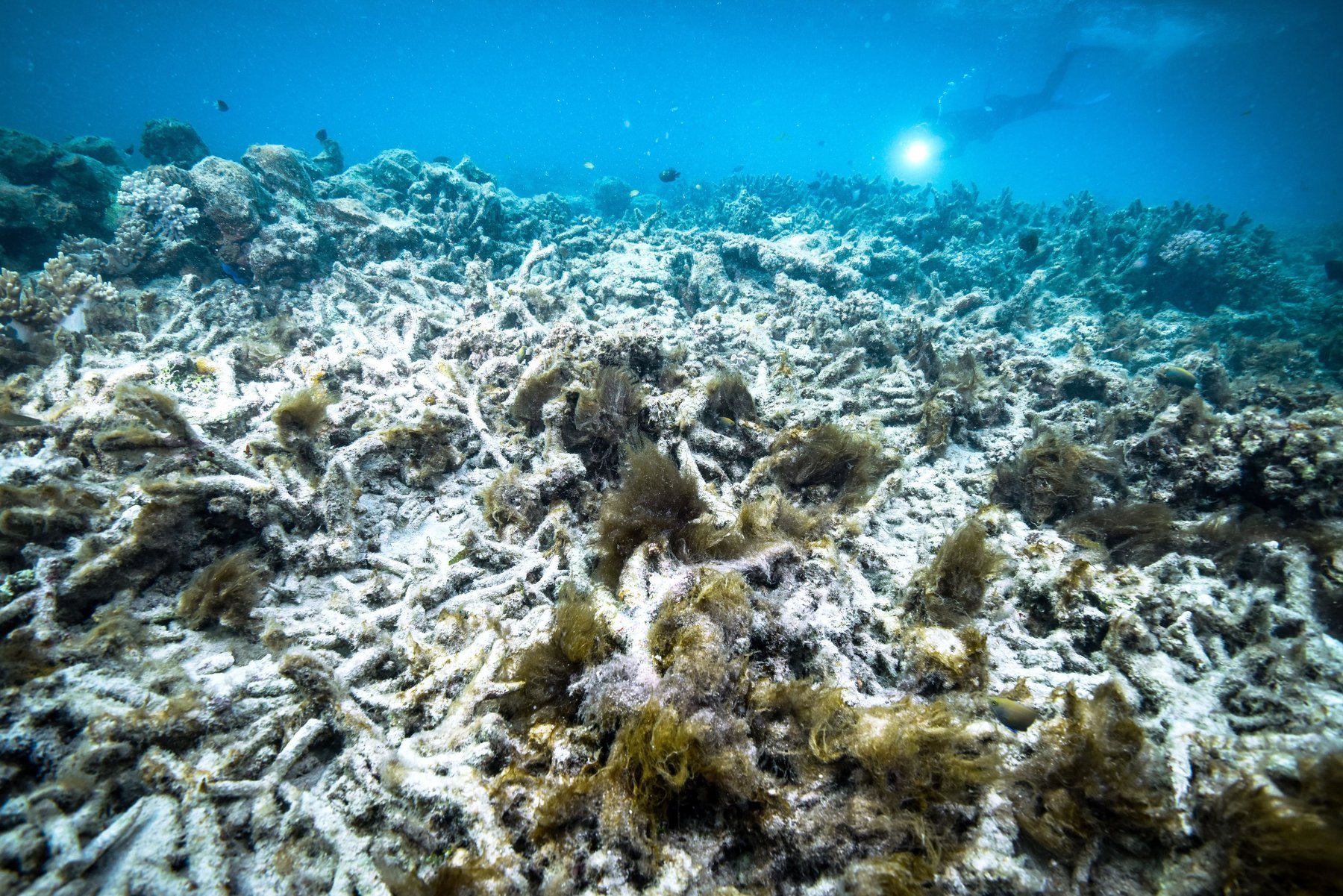Environment and immunity
Anthropogenic climate change is devastating the Earth’s coral reefs, causing bleaching and increased rates of coral disease. However one area of hope for mitigating this loss lies within the coral immune system. The immune system is responsible for dictating the overall health of an organism. Incorporating immune function metrics into predictive frameworks for coral reef conservation will be crucial for accurate predictions of coral reef survival. However, our understanding of the coral immune system is still nascent, and even the definition of a healthy coral is still not really understood. This research aims to identify the role of the adaptive potential of the coral immune system in the face of climate change. This work combines multi-scale analysis from cell biology to genome level to identify the mechanisms and interactions of the immune system during environmental change to ultimately predict the likelihood of coral survival.
Collaborations: Ian Enochs, NOAA
Funding: NOAA Coral Reef Conservation Program
Associated publications:
Traylor-Knowles N. (2019) Heat stress compromises epithelial integrity in the coral, Acropora hyacinthus. PeerJ. 7:e6510. LINK
Traylor-Knowles, N. and Connelly, M.(2017) What is currently known about the effects of climate change on the coral immune response. Curr Clim Change Rep. LINK
Traylor-Knowles, N., Rose, N.H., Sheets, E.A., Palumbi, S.R. (2017) Early transcriptional responses during heat stress in the coral Acropora hyacinthus. Biological Bulletin. 232: 91–100. LINK
Traylor-Knowles, N., Rose, N.H., Palumbi, S.R. (2017) The cell specificity of gene expression in the response to heat stress in corals. Journal of Experimental Biology. 10: 1837-1845. LINK
Traylor-Knowles, N. (2016) Distinctive wound healing characteristics in the corals Pocillopora damicornis and Acropora hyacinthus found in two different temperature regimes, Marine Biology. 163(231). LINK





